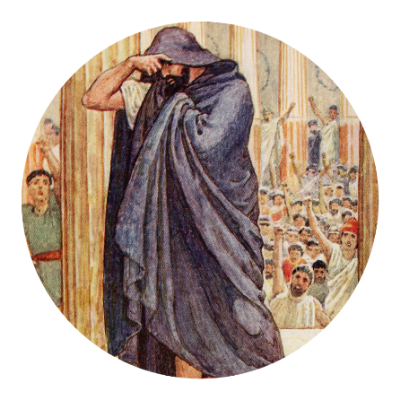I’ve been hoodwinked too many times by well-reviewed pop-sci books which I later discovered to be hated by the actual scientists who do the work. Quantum Supremacy by Michio Kaku was the final straw 😆
Cheers!
Might be a bit more basic and/or wide in scope than what you want but just in case it’s worth picking up anything by Karl Kruszelnicki; AKA Dr Karl.
Rust: The Longest War, by Jonathan Waldman. It somehow makes metal corrosion interesting.
Also Napoleon’s Buttons by Penny Le Couteur, a good look at chemistry throughout history.
Seconding Napoleon’s Buttons.
Adding The Disappearing Spoon by Sam Kean as another great chemistry book with a similar theme.
Maybe a bit heavy unless you have at least some background in mathematics, physics, or chemistry, but “Quantum mechanics and path integrals” by Feynman and Hibbs is fantastically well written.
If you ever want to read about, understand, or dabble in quantum mechanics, this is the book you want to read. It’s great because of how Richard Feynman expresses things: It’s very verbal, and feels so much more based in intuition and physical common sense than the mathematical rigor that often makes texts in the field near unreadable.
I love this suggestion. Now this topic is something I’m very interested in, but I’d like to get good on the math too, do you also have a great suggestion for that? Either way, thanks friend!
You’re welcome! I only wish I had a really good mathematics book to recommend.
However, I can give you the pointer that, while most (operator-based) quantum mechanics requires quite a bit of linear algebra, you should be able to read “Path integrals and quantum mechanics” if you have a decent intro course in calculus. You really only need to understand the basics of how multiple integrals, path integrals, and parametric curves work.
Circadian biology here.
Internal Time, by Till Roenneberg. Written by one of the “old guards” of the circadian field, old enough that he could be considered a founding father of the field in his own right.
The book is written as a collection of short stories, each one about a real circadian experiment or phenomenon that occurred, and the book invites you to interpret and think about the short stories before explaining the deeper biology and history behind the stories. It’s a very fascinating book and quite approachable for a non-scientific audience, though I think it’s very appropriate even for a scientific audience
Circadian biology here.
I once helped with an experiment that sent beetles up in the space shuttle (yes, I am old) in Beetle Activity Monitors, in order to study their circadian rhythms in microgravity.





